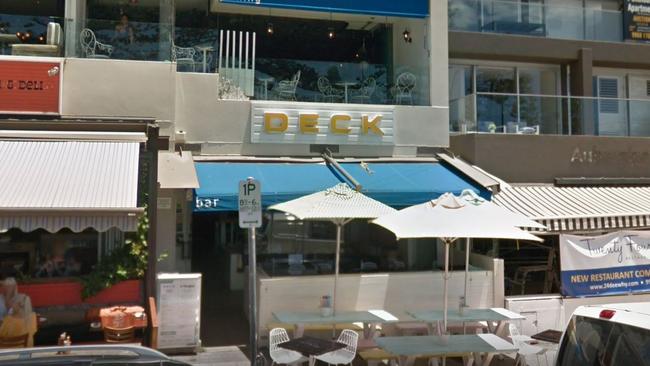Northern Beaches restaurants top offenders for poor hygiene, contamination risk
Cafes, delis, Chinese restaurants and sushi bars in an affluent area in Sydney are among the top food offenders named and shamed for poor hygiene — and there were multiple repeat offenders. SEE THE FULL LIST.
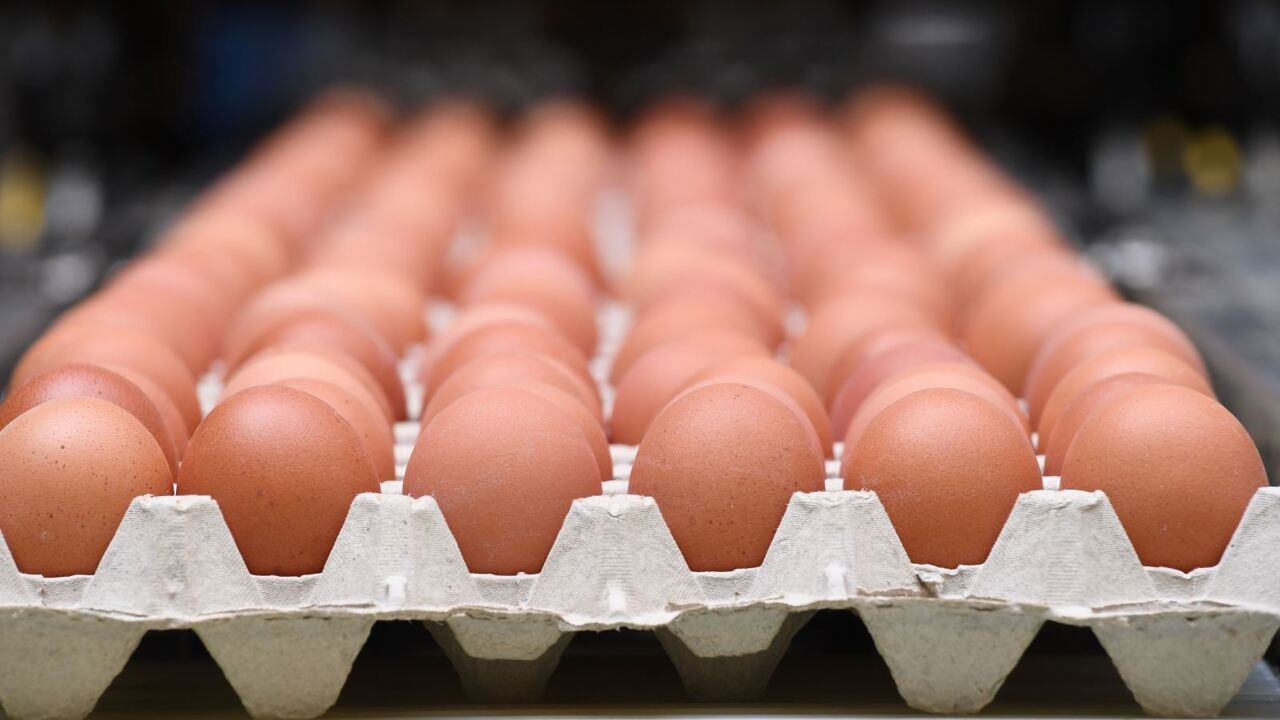
NSW
Don't miss out on the headlines from NSW. Followed categories will be added to My News.
- Sydney restaurants fined thousands by inspectors
- Dog-sized rat captured at Pitt Street dumpling house
Northern Beaches eateries have headlined a list of food hygiene offenders with cafes, delis, sushi bars and Chinese restaurants in the affluent area making up almost 10 per cent of all government breaches issued in the last three years.
The local government area racked up 146 of the 1505 breaches issued by the NSW Food Authority since 2016.
In the City of Sydney area 133 fines were issued, while Canterbury-Bankstown and Cumberland council areas topped the number of breaches with 152 and 150.
There were multiple repeat offenders in the Northern Beaches who racked up thousands in fines despite repeated warnings from food authorities.
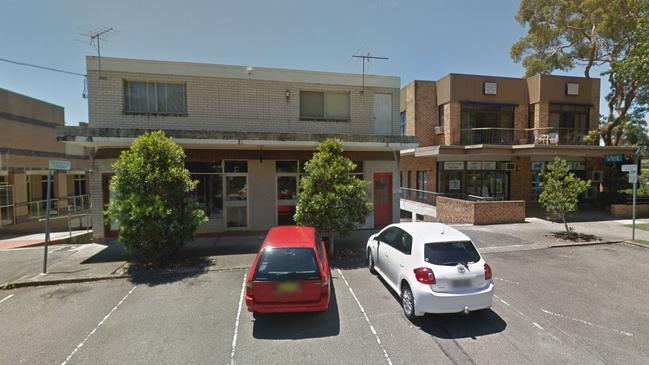
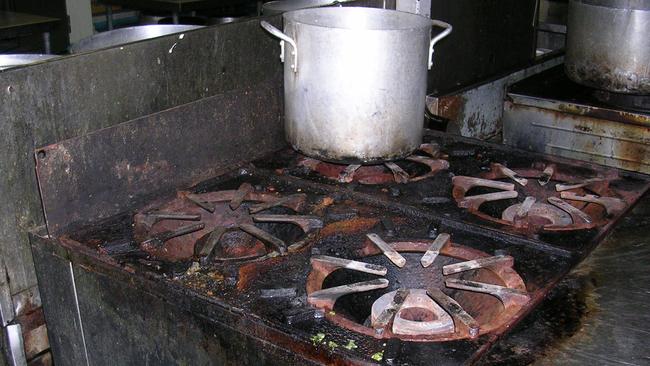
MORE NEWS
New twist in Tim Mannah transfer saga
Police arrest lover at iconic bridge after balcony death
‘Privileged’ tourist blasted over wild Kings Cross brawl
Elanora Chinese Restaurant at Elanora Heights was slapped with seven fines totalling $3080 in the space of just five months last year for offences, including failure to eradicate pests and incorrectly storing food.
Avalon Chinese Restaurant received nine fines in 2018 totalling $3960 for unclean premises and pests, while Sushi Mona Vale was slapped with eight fines worth $7040 for cleanliness and food storage.
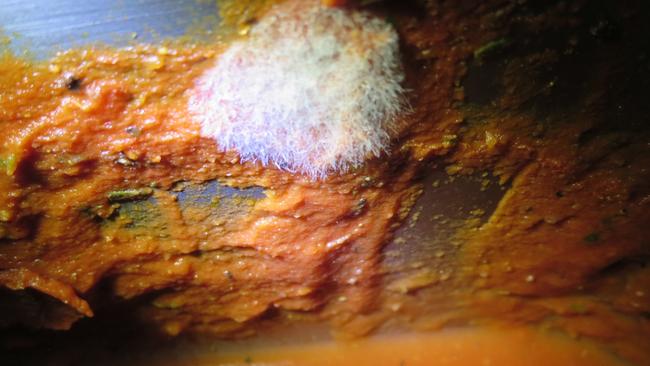
Meanwhile Monkey King Thai in Waverley was hit with seven fines worth $6160 for pests, dirt and limited hand washing facilities.
Businesses are legally required to prevent the entry of pests and eradicate them on food premises to prevent the spread of disease and illness.
Food Safety Information Council spokeswoman Lydia Buchtmann said “sometimes things do go wrong” in restaurants.
“It’s a timely warning for food businesses to make sure that they stick to the food safety rules and we’re quite keen to make sure everyone is trained properly,” she said.
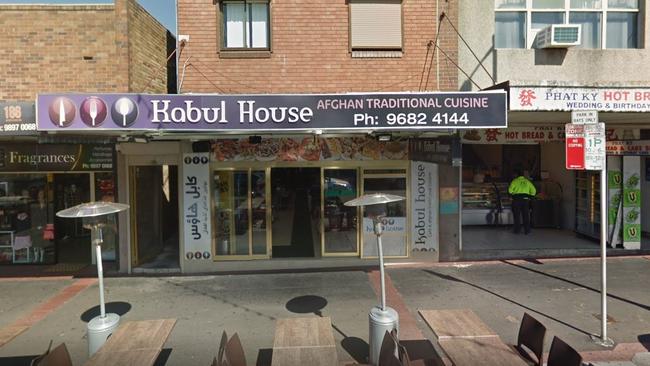
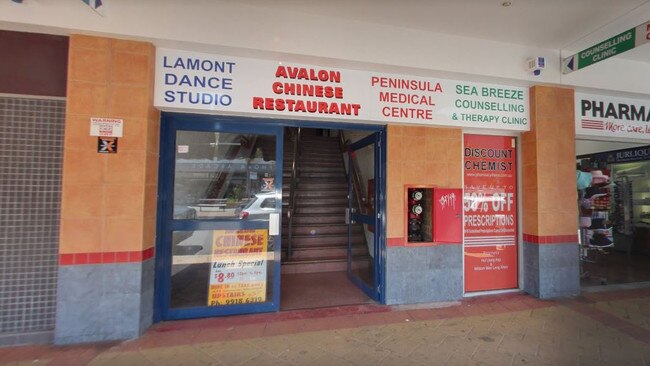
Ms Buchtmann said it was hard for consumers to look for the signs of an unhygienic environment.
“If you’re a consumer, you can’t really tell if you’re going to get food poisoning or not, you can’t really see anything often,” she said.
“(It’s things like) the fridge hasn’t been cooled enough or people haven’t being washing their hands.”
She warned that food poisoning could be deadly.
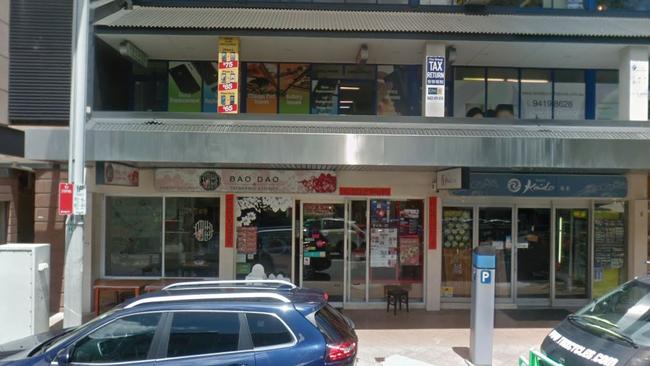
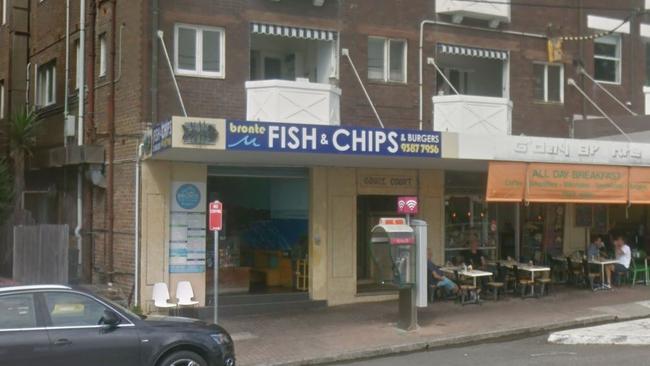
“Food poisoning is serious, we found (in a recent) survey that a third of households in Australia have someone who is very vulnerable to food poisoning,” she said.
“For example, pregnant mums, the elderly, people with immune problems or taking medication and they can get seriously ill from food poisoning or even die.
“People can be at serious risk, it’s not a short time off work, it can have long term side effects.”

